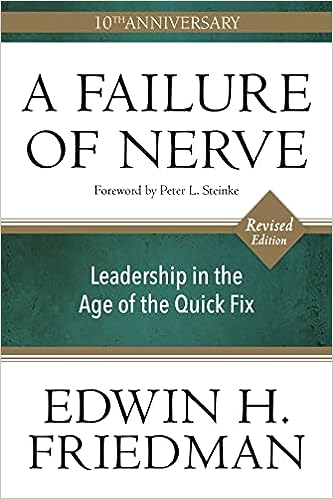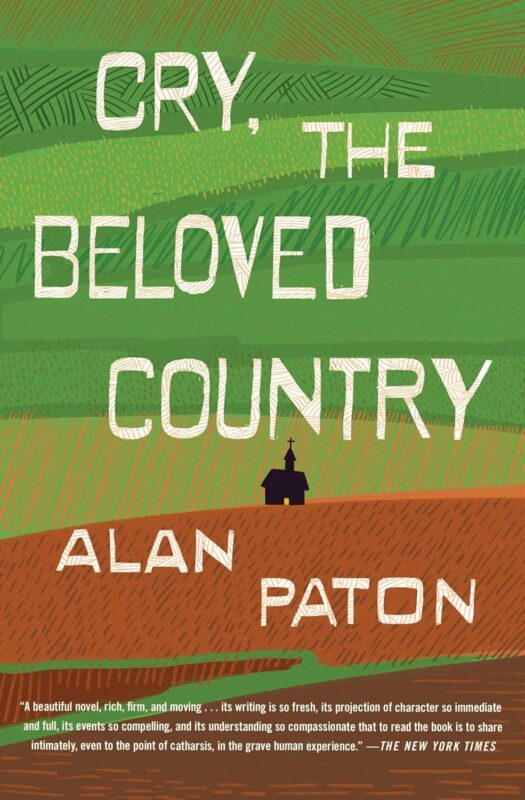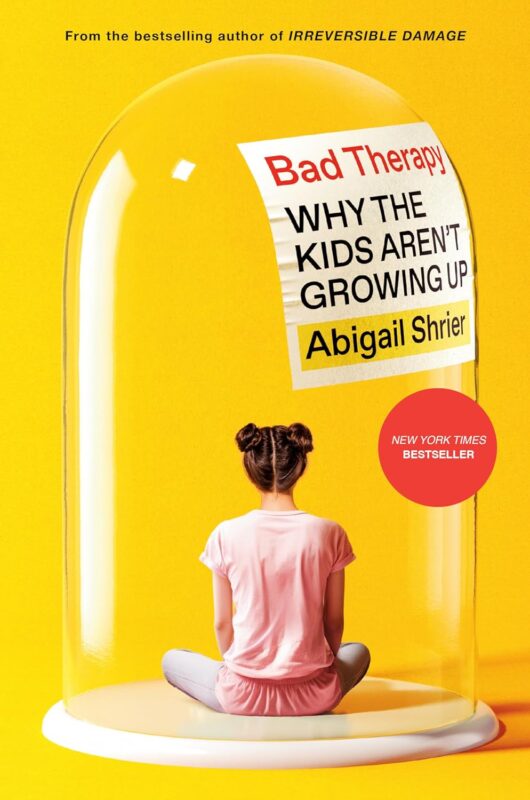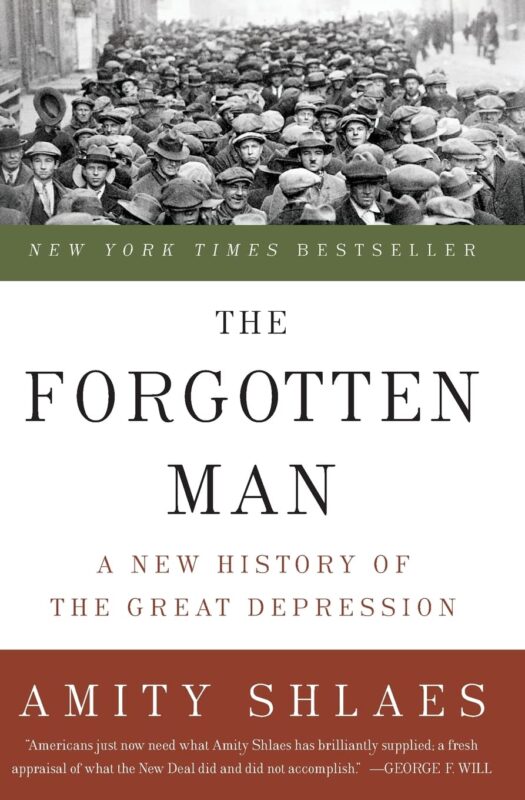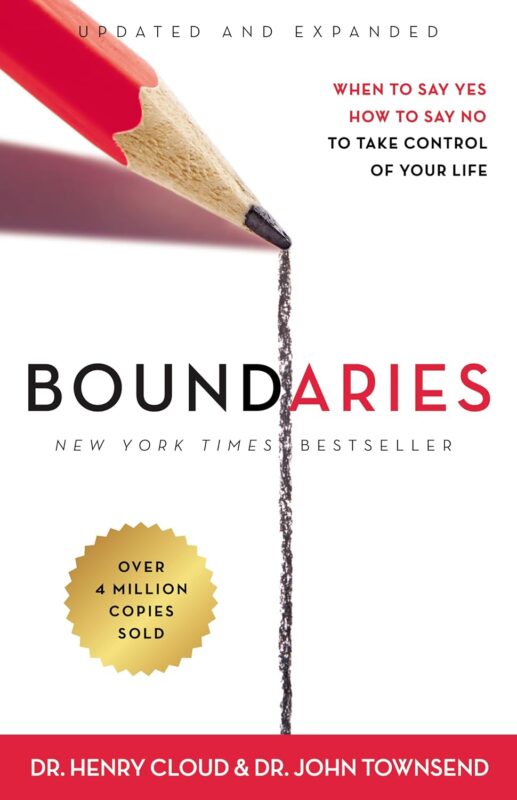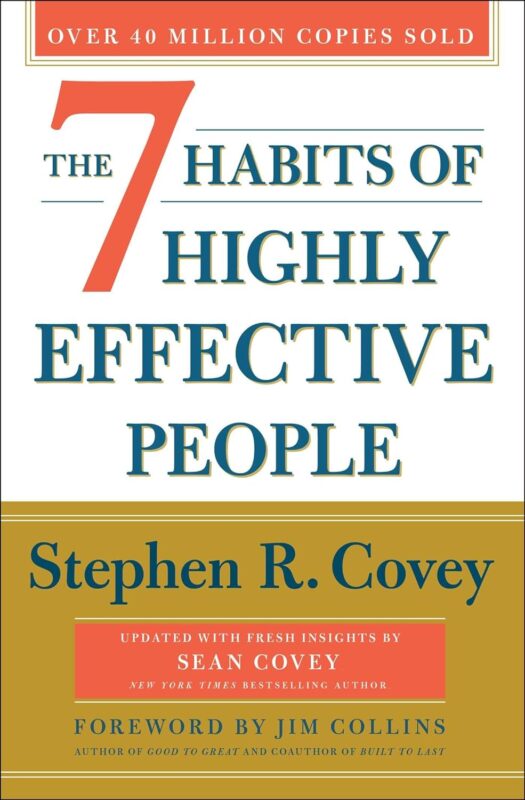Leisure: The Basis of Culture
One of the most important philosophy titles published in the twentieth century, Josef Pieper's Leisure, the Basis of Culture is more significant, even more crucial, today than it was when it first appeared more than fifty years ago. This edition also includes his work The Philosophical Act. Leisure is an attitude of the mind and a condition of the soul that fosters a capacity to perceive the reality of the world. Pieper shows that the Greeks and medieval Europeans, understood the great value and importance of leisure. He also points out that religion can be born only in leisure -- a leisure that allows time for the contemplation of the nature of God. Leisure has been, and always will be, the first foundation of any culture. Pieper maintains that our bourgeois world of total labor has vanquished leisure, and issues a startling warning: Unless we regain the art of silence and insight, the ability for non-activity, unless we substitute true leisure for our hectic amusements, we will destroy our culture -- and ourselves.
More info →A Failure of Nerve: Leadership in the Age of the Quick Fix
An invitation and guide for leaders “to cast a courageous and imaginative vision, to lead resiliently, and to be present and steady in times of deep anxiety.”
Ed Friedman’s genius was to see the individual in the family in the larger group, bringing the wisdom of his experience as a therapist and rabbi to the field of organizational leadership.
A timeless bestseller, A Failure of Nerve still astonishes in this new edition with its relevance and continues to transform the lives of leaders everywhere―business, church, family, schools―as it has for more than 20 years:
- Offers prescient guide to leadership in the age of “quick fix.”
- Provides ways to recognize and address organizational dysfunction.
- Emphasizes “strength over pathology” in these anxious times.
“The age that is upon us requires differentiated leadership that is willing to rise above the anxiety of the masses. We need leaders who will have the ‘capacity to understand and deal effectively’ with the hive mind that is us. This is, in Friedman's words, ‘the key to the kingdom.’ I am grateful for this accessible new edition.”
―C. Andrew Doyle, Bishop, Episcopal Diocese of Texas
Cry, the Beloved Country
An Oprah Book Club selection, Cry, the Beloved Country, was an immediate worldwide bestseller when it was published in 1948. Alan Paton’s impassioned novel about a black man’s country under white man’s law is a work of searing beauty.
Cry, the Beloved Country, is the deeply moving story of the Zulu pastor Stephen Kumalo and his son, Absalom, set against the background of a land and a people riven by racial injustice. Remarkable for its lyricism, unforgettable for character and incident, Cry, the Beloved Country is a classic work of love and hope, courage and endurance, born of the dignity of man.
More info →Bad Therapy: Why the Kids Aren’t Growing Up
In virtually every way that can be measured, Gen Z’s mental health is worse than that of previous generations. Youth suicide rates are climbing, antidepressant prescriptions for children are common, and the proliferation of mental health diagnoses has not helped the staggering number of kids who are lonely, lost, sad and fearful of growing up. What’s gone wrong with America’s youth?
In Bad Therapy, bestselling investigative journalist Abigail Shrier argues that the problem isn’t the kids—it’s the mental health experts. Drawing on hundreds of interviews with child psychologists, parents, teachers, and young people, Shrier explores the ways the mental health industry has transformed the way we teach, treat, discipline, and even talk to our kids. She reveals that most of the therapeutic approaches have serious side effects and few proven benefits. Among her unsettling findings:
- Talk therapy can induce rumination, trapping children in cycles of anxiety and depression
- Social Emotional Learning handicaps our most vulnerable children, in both public schools and private
- “Gentle parenting” can encourage emotional turbulence – even violence – in children as they lash out, desperate for an adult in charge
Mental health care can be lifesaving when properly applied to children with severe needs, but for the typical child, the cure can be worse than the disease. Bad Therapy is a must-read for anyone questioning why our efforts to bolster America’s kids have backfired—and what it will take for parents to lead a turnaround.
More info →Generation to Generation: Family Process in Church and Synagogue
This acclaimed, influential work applies the concepts of systemic family therapy to the emotional life of congregations. Edwin H. Friedman shows how the same understanding of family process that can aid clergy in their pastoral role also has important ramifications for negotiating congregational dynamics and functioning as an effective leader. Clergy from diverse denominations, as well as family therapists and counselors, have found that this book directly addresses the dilemmas and crises they encounter daily. It is widely used as a text in courses on family systems and pastoral care.
More info →The Forgotten Man: A New History of the Great Depression
In The Forgotten Man, Amity Shlaes, one of the nation's most-respected economic commentators, offers a striking reinterpretation of the Great Depression. She traces the mounting agony of the New Dealers and the moving stories of individual citizens who through their brave perseverance helped establish the steadfast character we recognize as American today.
More info →Boundaries Updated and Expanded Edition: When to Say Yes, How to Say No To Take Control of Your Life
Does your life feel like it's out of control? Perhaps you feel like you have to say yes to everyone's requests. Maybe you find yourself readily taking responsibility for others' feelings and problems. Or perhaps you focus so much on being loving and unselfish that you've forgotten your own limits and limitations. Or maybe it's all of the above.
In the New York Times bestseller, Boundaries, Drs. Henry Cloud and John Townsend help you learn when to say yes and know how to say no in order to take control of your life and set healthy, biblical boundaries with your spouse, children, friends, parents, co-workers, and even yourself.
Now updated and expanded for the digital age, this book continues to help millions of people around the world answer these tough questions:
- Can I set limits and still be a loving person?
- What are legitimate boundaries?
- How do I effectively manage my digital life so that it doesn't control me?
- What if someone is upset or hurt by my boundaries?
- How do I answer someone who wants my time, love, energy, or money?
- Why do I feel guilty or afraid when I consider setting boundaries?
- How do boundaries relate to mutual submission within marriage?
- Aren’t boundaries selfish?
You don’t have to let your life spiral out of control. Discover how boundaries make life better today!
Plus, check out Boundaries family collection of books dedicated to key areas of life - dating, marriage, raising kids, parenting teens, and leadership. Workbooks and Spanish editions are also available.
More info →Seven Habits of Highly Effective People
The 7 Habits have become famous and are integrated into everyday thinking by millions and millions of people. Why? Because they work!
With Sean Covey’s added takeaways on how the habits can be used in our modern age, the wisdom of the 7 Habits will be refreshed for a new generation of leaders.
They include:
Habit 1: Be Proactive
Habit 2: Begin with the End in Mind
Habit 3: Put First Things First
Habit 4: Think Win/Win
Habit 5: Seek First to Understand, Then to Be Understood
Habit 6: Synergize
Habit 7: Sharpen the Saw
This beloved classic presents a principle-centered approach for solving both personal and professional problems. With penetrating insights and practical anecdotes, Stephen R. Covey reveals a step-by-step pathway for living with fairness, integrity, honesty, and human dignity—principles that give us the security to adapt to change and the wisdom and power to take advantage of the opportunities that change creates.
More info →



